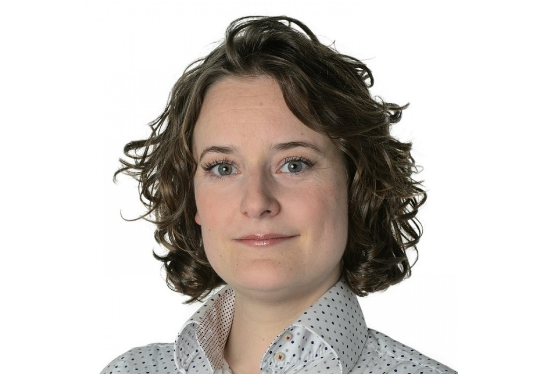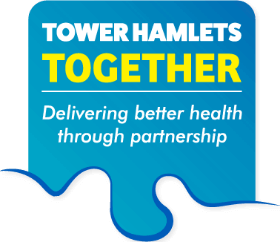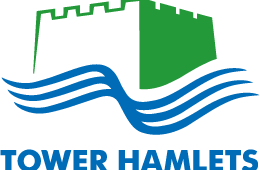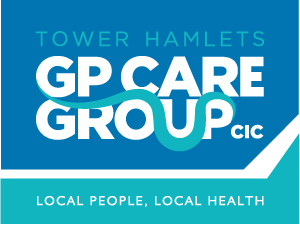Amy's Monthly Briefing - October 2019
The borough’s vision of a seamless health and care experience for its citizens.

Our spotlights this month were on the Living Well workstream and the Learning Disability Partnership Board.
Earlier in September I was pleased to join the ELFT internal integrated care meeting, to hear about their positive work in this area and some of the challenges they face in joining up care. I’m looking forward to meeting senior leaders at the Royal London and Mile End hospitals next week for a discussion on taking forward integrated care together.
This month I also spoke along with colleagues at Healthwatch’s AGM and was pleased to share examples of how well regarded Tower Hamlets Healthwatch is within both THT and the wider North East London health and care systems.
The October THT Board was held at Shadwell Fire Station and we had great attendance from partners across Tower Hamlets and the wider WEL Clinical Commissioning Group. We had an extended session about systems pressures and performance, looking at a wide range of data to understand immediate challenges across non-elective admissions, patient flow within the hospital and discharge. We had a really candid and robust discussion about the reasons for issues such as: delayed transfers of care, which have increased at the Royal London; high A&E attendance rates particularly for under 5s, 20-25s and over 75s; high volume of non-elective admissions in respiratory, children’s, cardiac and infectious diseases. We agreed we needed to understand more about community capacity across the statutory and voluntary sectors, and the interface with other partners, particularly housing.
Staying with the data theme, we had a demonstration of Power BI, an interactive tool that we will be adopting to improve our access to and analysis of performance information both at a Board level and throughout the partnership so we can understand trends and take action across the system. We heard about next steps on the Outcomes Framework – lifecourse workstreams and locality committees will be supported to use the framework and associated metrics to establish their own dashboards linked to their priorities, after which we will create a Board dashboard. I’m really excited about the potential of both Power BI and the Outcomes Framework to help us measure what is most meaningful and harness this information to take system-wide or local action towards our integration goals.
This month our patient voice item was particularly powerful. We heard one woman’s journey from experiencing severe physical and mental health needs that were not met holistically by care providers, to the numerous ways she now contributes to improving support for others. She has contributed to information leaflets, quality improvement projects, the Working Together Group in ELFT and now provides peer support within the continence service. She described how participating in this way has given her hope, made her feel valued and improved her mental health. Her commitment to tackling cultural stigma that many women face also shone through.
We also heard that engagement leads from across the partnership have now met and are mapping activity currently underway and exploring other opportunities for collective priorities, to be presented at a future Board meeting.
Our spotlights this month were on the Living Well workstream and the Learning Disability Partnership Board. Living Well have a focus on information and advice, social prescribing – particularly understanding flows with the voluntary sector and how best to quantify impact – and how to further build on our good uptake of health checks. The workstream is also keen to improve how it involves the public in its work. The Learning Disability strategy is focused on 6 priorities reflecting people’s views and goals, with a dashboard in development to demonstrate progress: be happy and healthy, live locally, be part of the community and involved in activities, work or volunteer, have choice and the right support, be respected and safe. Current challenges include access to health checks, join up with children’s SEND services for 14-18s, obesity and cancer screening take-up and a spike in 16-18 year olds admitted to inpatient mental health settings with behaviours that challenge.
We finished with a brief update on the North East London draft submission to the NHS Long Term Plan, which now runs to 150 pages! Next steps are to make it more accessible and link it to our Tower Hamlets priorities.
In November we’ll be discussing the WEL system intentions, 2021 WEL governance and implications
for borough partnerships and work by Carnall Farrar to guide our next steps for integrated care, with
spotlights on our user engagement plan, Born Well Growing Well workstream and Estates enabler group.








